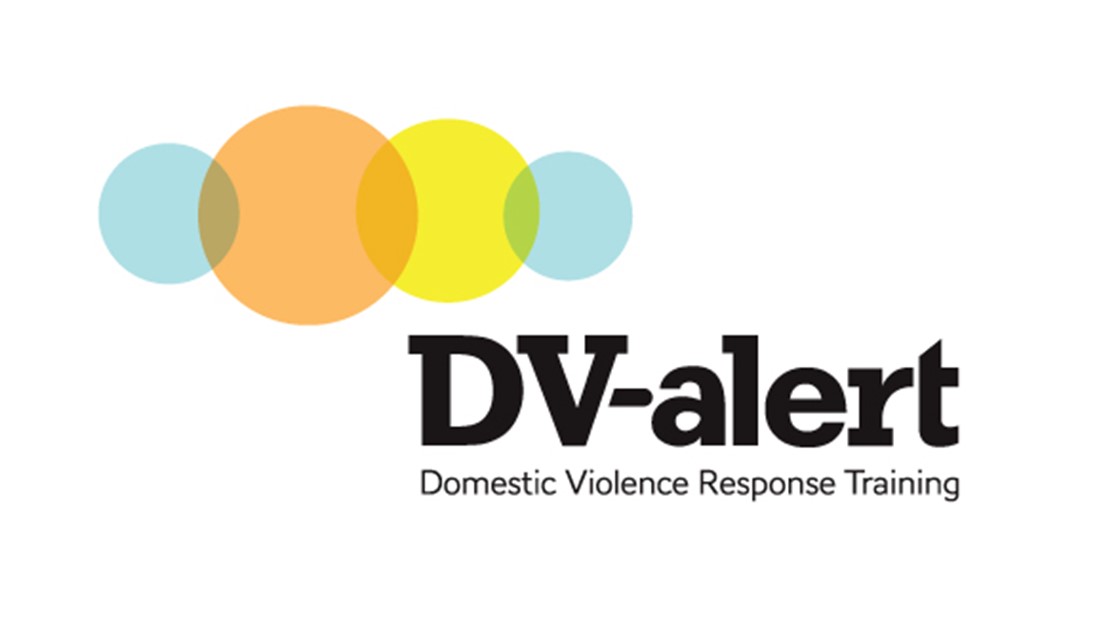Domestic and family violence
Anyone can experience domestic and family violence. It happens across communities, ages, cultures and sexes.
Domestic and family violence occurs when someone who has a close personal relationship with you makes you feel afraid, powerless, or unsafe. It can be physical, but can also be emotional and psychological. Non-physical forms of abuse can be just as damaging as physical assaults. If you feel disrespected, unable to be yourself, afraid to disagree, or negotiate for what you want, this may be a sign of abuse. Forms of abuse and violence can include:
If you are experiencing abuse or violence it is not your fault. It is the abuser who is responsible.
Deciding to leave a violent relationship is a difficult decision and requires careful planning and support. Everyone has the right to respectful, loving relationships and no one should live in fear.
If you need immediate help call 000.
It is important to remember that there is help out there. Below are some resources on how you, or someone you know, can get assistance and support through domestic and family violence. For specific help for men and women or state-specific help, please see our tool kit below.
Call 000 if you are in danger
For Crisis Support contact Lifeline on 13 11 14 (24/7) or via text (12pm-midnight AEST) on 0477 13 11 14

Make a change and become a confident first responder to signs of domestic and family violence with DV-alert.
To find out whether you're eligible and the benefits of becoming accredited, head to the DV-alert website link below.
In Australia, 23% of women and 16% of men have experienced emotional abuse by a current or previous partner. If you are a community frontline worker in Australia, you are eligible to undertake DV-alert training so you can become a confident first responder when facing issues of domestic and family violence. For more information go to the DV-alert website.
We too often see stories of women who are the victims of domestic violence, but we rarely hear the voices of the children who are impacted.
Growing up, Cameron not only suffered the loneliness of trying to make sense of his parents’ violent relationship but also the after effects of a devious sexual abuse at the hands of a stranger. His is a story of survival, revived faith in humanity and a passion for music that has helped him find a new hopeful future.